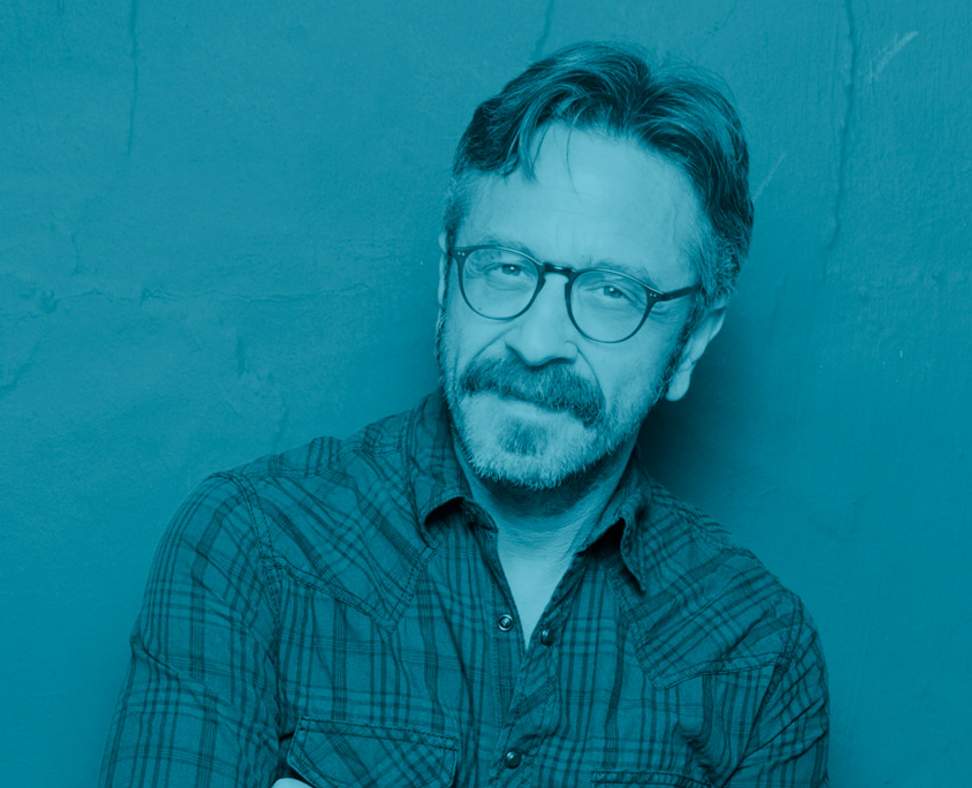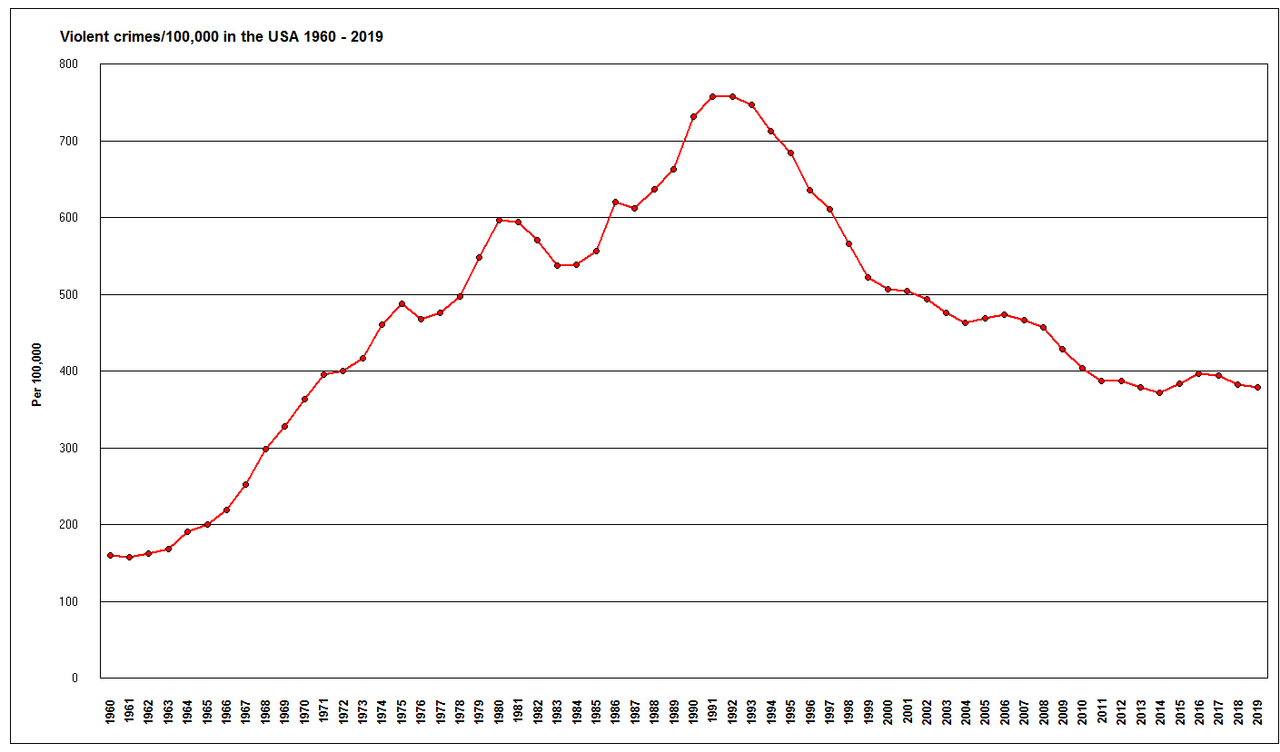Thanks for the snark. It adds so much to the discussion. /s.
You're welcome.

Did you bother to read the link in the OP? If so, explain to me why you think it's okay to fire and destroy the reputation of a person who has served his community as both an academic and a physician for many years, due to one stupid tweet, even after the man apologized and admitted he was wrong for saying what he did?
Did you bother to read any of my comments?
Please show me where I said any variation of, "it's okay to fire and destroy the reputation of a person who has served his community as both an academic and a physician for many years, due to one stupid tweet, even after the man apologized and admitted he was wrong for saying what he did."
Yes, I read the link. I agree that it was probably wrong for the hospital to fire Dr. Liberman. (The university lifted his suspension.) Very unfair, probably. But he's still ok. He's not on the streets or bereft, and he's still working as a professor.
It would be great if you could be at least as concerned about a real aspect of culture that is ok with brutalizing women and children and the thousands of women who are harassed, stalked, terrorized, abused, and murdered as you are about affluent white doctors getting fired from their hospital job but not their professor job and who are still generally fine. Social media is also used by men who use technology and social media to access their targets and do things like post photos of women naked to shame them for having bodies. But I don't think that's the kind of cruelty that really grabs your outrage.
Society at large, at least the status quo, mainstream society that holds the bulk of power in our institutions, finds shaming and punishing women acceptable and going easy on men who abuse women. No one has to claim some ideological boogieman. We know who overwhelmingly does these things.
What part of culture would support these things going on and on with seemingly no end in sight?
What part of our culture favors and protects men, even violent predators?
What part of our culture demeans women and is slow to respond to violence against them?
No need for social media, either. This was happening long before the internet existed.
That's really the type of cancelling that I was interested in exploring when I started this thread.
There's gonna be reactive stuff arising, right or wrong. One reactive act was the hospital that fired Dr. Lieberman. Maybe they shouldn't have. But either way, he's fine. He's not ruined. He didn't seem to mind what people said about him when he supported Trump and
tried to cancel doctors of actual
relevant disciplines who warned about Trump's mental issues and fascist tendencies.
I am fully aware that people, including minorities and women have suffered from prejudice, hate etc. for hundreds of years. I get it,
No, you don't.
but since when do two wrongs make a right?
That's not what's happening.
I'm not a vengeful person. That may be why I have difficulty understanding this crazy condemning of anyone who says something that is't politically correct,
If you think racist comments are simply "not politically correct," then, no, you don't get it.
And vengeance is white supremacists digging up and revitalizing a racist, hate based movement reflecting an old, losing war to protect one of the most vile and depraved of institutions.
You are part of a society and your every choice and attitude toward others reverberates. If I had to choose a group to be unfairly affected by choices and attitudes reverberating through society, amplified by social media, I'd pick affluent white people. Not because they deserve it, but because by and large they can withstand it. Nobody's literally chasing them down and murdering them in the street for their comments, much less for the color of their skin.
which is often done out of simple ignorance, not out of hate or prejudice.
I agree. It's when they're brought to task on it and instead of apologizing and humbling themselves they dig in with defensiveness and excuses and NO intention of learning anything.
And guess what? A lot of minorities don't like being told by white people what they should be insulted by.
Can you show me a white person telling minorities what they should be insulted by? I can show you people who understand the power of words and attitudes reverberating through society and having by orders of magnitude much worse consequences on your fellow human beings than
being insulted.
And
that is not so much insulting as it is
abhorrent and wrong. Do you understand the difference?
Do you understand that
not saying certain things is far easier than saying them and potentially contributing to harm done to human beings? Even if I shared your contempt for people who are not like you or not mainstream or do not fit the status quo, I'd still always have that question in my mind of just how certain am I that my words won't contribute to harm done to others? Is the urge to assert my opinion really so important that I would choose to potentially contribute to a culture of racism? No. No, it fucking isn't.
If you're busy whitewashing bigotry and believing racism doesn't exist except in the most extreme and obvious cases, then maybe you deserve to be ruined when you test out that belief.
Nobody, even Black people, needs to tell me that words and attitudes reverberate and potentially contribute to harming others. No one needs to tell me that even just the potential of contributing to those well known streams of bigotry and violence is enough for me to easily choose to simply
not say things even if they were my own views. It's a no-brainer.
When I talk about racism, I only talk to white people. White people are the ones who need to be told some things. Black people don't need my words at all, of any kind, opinion, advice, anything, and I don't give them to them. The only thing they need from me is to not contribute to the racist society that punishes them by every means possible, at minimum. At most, they need for me to turn my voice toward other white people, which I do. Black people who speak on racism often ask white people to talk to other white people about how our society and its institutions are fundamentally racist, and to hold other white people accountable, which I do.
It's one thing to defend and be supportive of others when asked or when needed. It's another thing to patronize them by telling them they are victims.
Is that what you do? Because it's not what I do. What I do is challenge other white people to humble themselves and listen to people of color. They have so much that they can teach us. You don't even have to pester any Black person to teach you. You have at your fingertips a whole universe of Black people talking. On Youtube alone, there are bajillions of Black people with channels dedicated to racism and other social issues, some of them specializing in talking to white people.
White people have a hard time humbling themselves. Other human beings are just not worth the effort, I guess. I don't even know how most of the white people I know could even recognize what humility is. Most of us have been raised to believe that humbling yourself equates to humiliation, which is a word we define a little differently, to mean something cruel that someone does to another person or that society does to a person and is not desirable, not something a person does to themselves as an act of self reflection and desire to be more than just an obedient animal walking upright and emitting human words out of their face.
When did it become unacceptable to forgive someone after they apologized for making a dumb mistake?
Meaningless question. It's not unacceptable to forgive someone after they apologized. No one thinks that. It's also not a given that every apology should be met with forgiveness.


 over.
over.